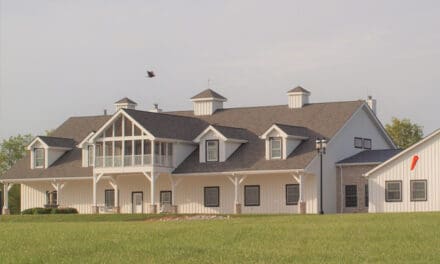- Mind-Body Connection: Holistic treatment emphasizes the interconnectedness of mental and physical health. Therapeutic modalities may include activities such as yoga, meditation, and mindfulness practices to promote relaxation and stress reduction.
- Nutrition and Exercise: A holistic approach considers the impact of diet and physical activity on mental health. Residential addiction treatment programs may incorporate nutrition education, healthy meal planning, and regular exercise as essential components of treatment.
- Alternative Therapies: Holistic treatments often include alternative or complementary therapies, such as acupuncture, massage therapy, art therapy, music therapy, and equine therapy. These approaches can enhance traditional therapeutic methods and cater to individual preferences and needs.
- Environmental Considerations: The physical environment plays a role in holistic treatment. Residential addiction treatment facilities may be designed to create a calming and supportive atmosphere, and outdoor activities or exposure to nature may be incorporated into the program.
- Spirituality: While not always a component, some holistic programs may address spiritual aspects of well-being. This could involve activities or discussions that explore a person’s sense of purpose, meaning, or connection to something greater than themselves.
- Holistic Assessments: Instead of focusing solely on symptoms or specific issues, holistic treatment often involves comprehensive assessments that take into account various dimensions of a person’s life, including social relationships, work, and overall lifestyle.
- Individualized Care Plans: Holistic residential treatment recognizes that each individual is unique, and therefore, treatment plans are often tailored to the specific needs and preferences of the person receiving care.
- Emphasis on Prevention: Holistic approaches often include education and strategies for preventing relapse or the recurrence of mental health issues. This may involve teaching coping skills, stress management techniques, and lifestyle changes.
8 Aspects of Holistic Treatment









